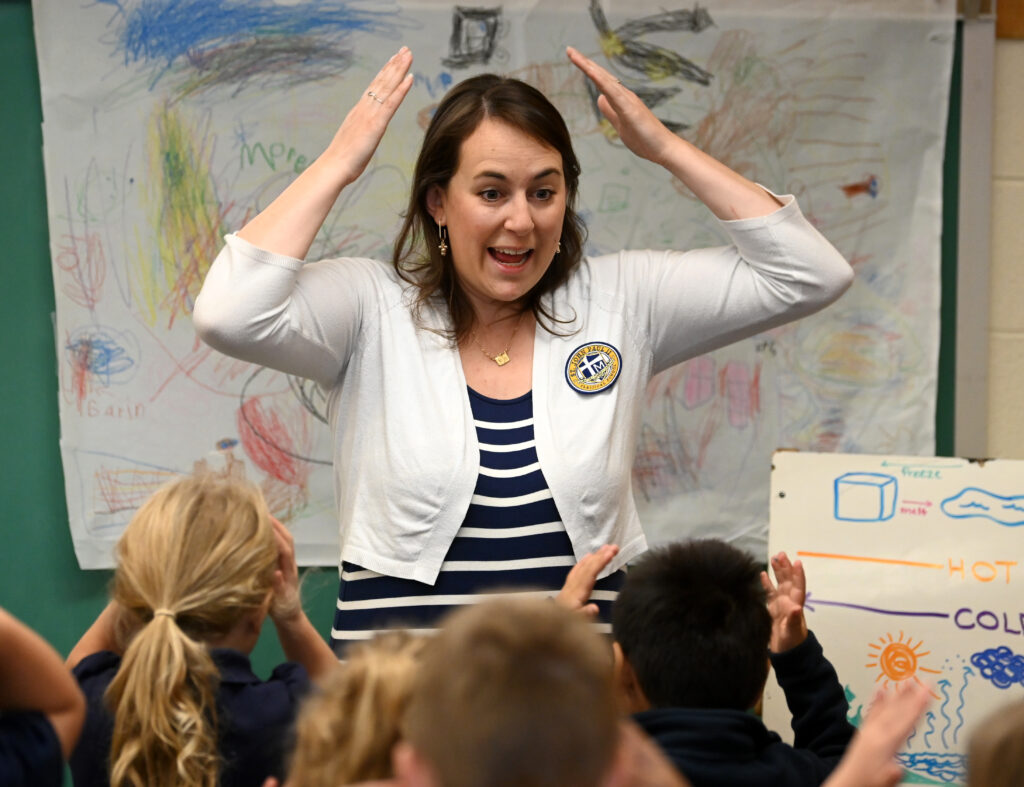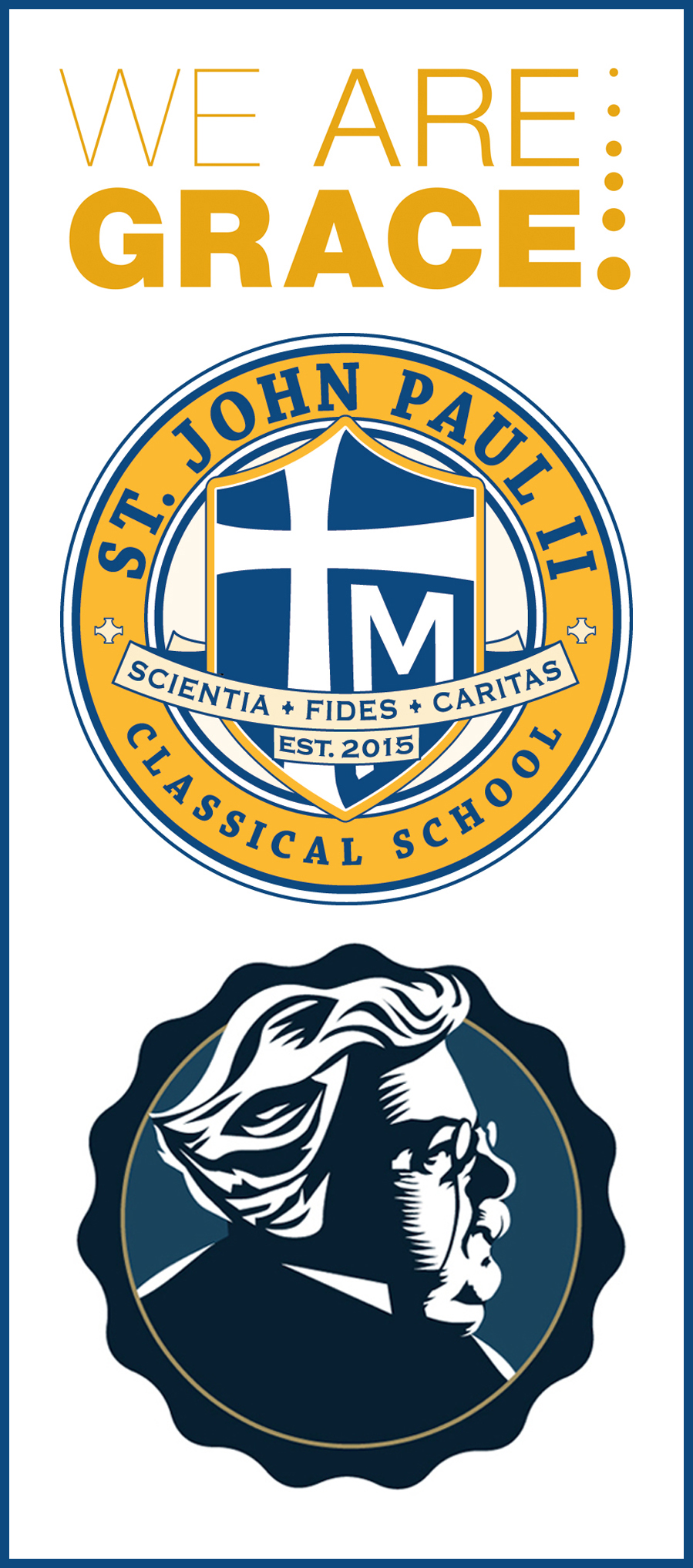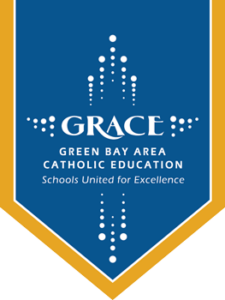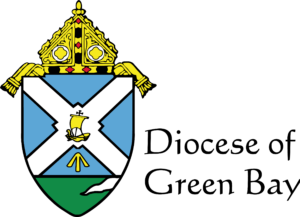Montessori Preschool
Key Elements of Montessori Education

Prepared Environment
The Montessori classroom is a carefully prepared learning space where everything has a purpose and a place. It is characterized by beauty, order and accessibility. Classroom tables, chairs, learning materials and sinks are child-sized, and largely constructed from natural materials. Shelves are open and accessible to invite interest and exploration. Everything is thoughtfully designed to support a child’s independence. In the prepared environment, the Montessori materials are grouped by their curriculum area, and displayed from left to right in progression order from easiest to hardest. This logical structure provides a clear pathway for learning.
Montessori Materials
Montessori materials are hands-on learning tools that guide children to discover key learning outcomes through repetition and practice. They isolate one concept or skill and are designed with an in-built control of error. This allows children to identify and correct their own mistakes. As children progress through the curriculum, the Montessori materials increase in complexity, providing opportunities to extend on learning. Children master learning outcomes through repetition and practice.
Montessori Curriculum
The Montessori Curriculum is a child-centered learning framework that incorporates the cognitive, physical, social and emotional aspects of child development. There are five key areas: Practical Life, Sensorial, Language, Mathematics and Cultural Studies. Each curriculum area includes a sequence of Montessori materials that isolate one learning outcome or skill. As children progress through the curriculum, they develop a complete understanding of each subject area.
Montessori Principles
The guiding principles of Montessori education were developed by Doctor Maria Montessori to provide a framework for how to best support children in their learning process. These principles are based on the belief that children are naturally intelligent, that they want to learn, and that they have immense potential.
Montessori Educator
The role of the Montessori educator is to observe, track, and guide each child’s learning progress. They observe a child’s interests, direct them towards activities suited to their stage of development, and create a positive atmosphere for learning. They present individual lessons that are brief and precise, and allow children to discover learning outcomes on their own, and in their own time.
Montessori Work Cycle
Children participate in an extended period of “free choice” which enables them to choose their work and progress at their own pace without interruption. The Montessori work cycle encourages students to deeply engage with their activities, follow their interests, and satisfy their need for repetition and practice in order to master key learning outcomes and skills.


